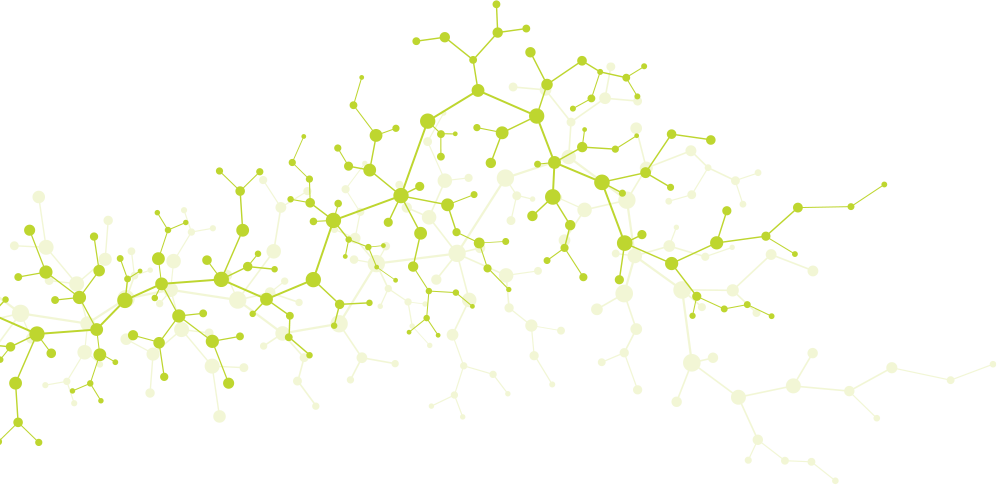The Immune-focused lifestyle: Advocating for self-reliance during crisis
Life is riddled with hardships. How we react to these adversities is what shapes our resiliency and determines the level of growth we acquire.

The first step is to shift your focus away from the worry currently dominating many people’s screens and minds, and focus them towards the positives. This not only benefits your immune health but also those around you and the community at large we are seeking to protect. Let’s not only survive but thrive by becoming the heathiest communities we can during this stormy period.
How are we going to do it? Below is a wide-ranging, but non-exhaustive list of methods to kickstart a physically and mentally healthier you:
Move Well: A healthy immune system depends on sufficient circulation and healthy brain function, both of which exercise positive influences. A recent study shows that regular physical activity and/or frequent structured exercise reduces the incidence of many chronic diseases in older age, including communicable diseases such as viral and bacterial infections.
No time for long exercise routines? No problem. A 20-minutes routine can impart all the necessary benefits. If you’re not sure where to begin – start anywhere. A plethora of “social distancing” home workouts can be found online. The important thing is to move, ideally work up a sweat, and get you breathing harder. As you get further into workouts and in better shape, increase the intensity, which you can easily measure through the talk test.
Get Outdoors: Exercising outside can multiply its benefits. Outdoor air is a natural disinfectant capable of killing the flu virus and other harmful germs according to research. Sunlight also is found to be a germicidal with the ability to kill the flu virus. Aside from the immune system, spending time outside provides numerous other key benefits for both adults and children.
Vitamin D: If cold latitudes or densely populated regions make outside exposure less practical, vitamin D can pick up some of the immune-modulating slack via several mechanisms. A recent meta-analysis consisting of 25 randomized controlled trials totaling 11,321 participants (ages 0 to 95 years old) showed that vitamin D supplementation reduced the risk of acute respiratory tract infection among all participants. Click here to read more about Vitamin D benefits.
Vitamin C: One of the most established immune-boosting essential nutrients is vitamin C. Well known for its effect on both the prevention and treatment of respiratory infections (Nutrients 2017), vitamin C has gained considerable interest anecdotally in recent events. Hospitals in New York now administer large doses of vitamin C in certain cases due to emerging evidence from Shanghai, China. Regardless of its possible role in the acute state, vitamin C remains yet another weapon in the arsenal for daily immune health.
Eat Well: The CDC indicates that underlying medical conditions— such as heart disease, diabetes, and lung disease— increase the risk of severe illness from COVID-19. The most scientifically researched eating pattern, the Mediterranean diet, has been shown to provide numerous health benefits as to prevent or manage heart disease, type II diabetes, and other risk factors. The Mediterranean diet has also been shown to reduce stress, depression, and anxiety, making it a great ally for today’s climate, and a good segue into the next strategy.
Manage Stress: Chronic stress remains one of our largest challenges because it dysregulates the immune system. Managing stress is easier said than done, but fortunately reducing stress in one area of life can help protect us from the damage of stressors in other areas.
For instance, reducing inflammation through the foods we eat can significantly reduce the burden on the immune system. This is because 70 percent of our immune cells reside in the gut lining. By reducing stress through an anti-inflammatory diet, the immune system is freed up to better manage other stressors, regardless if they are mental, metabolic, or physical in nature.
The same concept applies to physical stress. Addressing that bum hip or painful neck through chiropractic manipulation may reduce the painful c-fiber transmitted feedback to the brain, thus modulating the overall fight-or-flight response that is so stressful to the body.
Regarding mental stress, taking part in prayer, meditation, laughing, gratitude journals, volunteering, and a multitude of other options have been shown to calm the nervous system. If the above methods are not effective or if you find stress interferes with everyday function, it’s time to seek professional help, according to the American Psychological Association.
Sleep Well: Numerous studies have examined the link between sufficient high-quality sleep and a healthy immune system. Here are a few sleep tips to get you started on the right side of the bed:
- Adults should attempt between 7-9 hours per night (org full chart of age ranges).
- Humans average 5-hour sleep cycles so shoot for these increments (7.5 or 9 hours vs. 8 hours per night).
- Maintain consistent sleep times following light cycles if possible.
- At least 30 cumulative minutes of outside exposure to sunlight helps maintain optimal neurochemistry relating to circadian rhythm.
- Full spectrum light – ideal for daytime.
- Amber lights – ideal for nighttime (light that filters out blue spectrum as to promote production of nighttime chemicals).
Tackle Long-Standing Home Projects: Start on a small one. Gain that sense of accomplishment then use that momentum to titrate up to larger projects. Setting and accomplishing goals activate the prefrontal cortex, releases reward-stimulating dopamine, and modulates the immune system.
Start a Hobby or Feed that Curiosity: Much like accomplishing goals, new or fun activities stimulate regions of the prefrontal cortex capable of immune modulation. Plus, you might stumble into something quite worthwhile. After all, Isaac Newton discovered gravity while working at home during a pandemic.
Physical Distancing – Social Closeness: Perhaps physical distancing would be a more accurate definition than social distancing. The fact is we can maintain a safe physical distance while maintaining immune-boosting social closeness. Literature suggests those who feel well connected to others have a stronger immune system then those who feel more isolated. With technology today we can call, text, email, Skype, Facetime, Zoom, etc. for safe and healthy communication.
Smoking Cessation: Tobacco smoke is associated with a myriad of health implications, including its direct insult on pulmonary health.
Minimize Alcohol: Several studies illustrate the negative effect of excessive alcohol consumption and immune function, including various respiratory conditions such as acute respiratory stress syndromes (ARDS).
Healthy Hygiene: It goes without saying that while winning at all of the above, we need to maintain the health guidelines appropriately put in place currently by the CDC which can be found here. Examples include washing your hands often with soap, avoiding close contact, disinfecting frequently touched surfaces daily, and staying at home if feeling sick except to get medical care.
Consider this a starter list to get the motivational ball rolling. Once nowhere to be found in our 24/7 culture, time has suddenly become radically abundant for many of us. Let’s make the best of this time for ourselves and our communities.
As always, we are all individuals with unique needs. The above is not meant to replace professional advice but to provide guidelines for a healthier you. Please contact us with any questions as we’re always here for you.
To your health.
